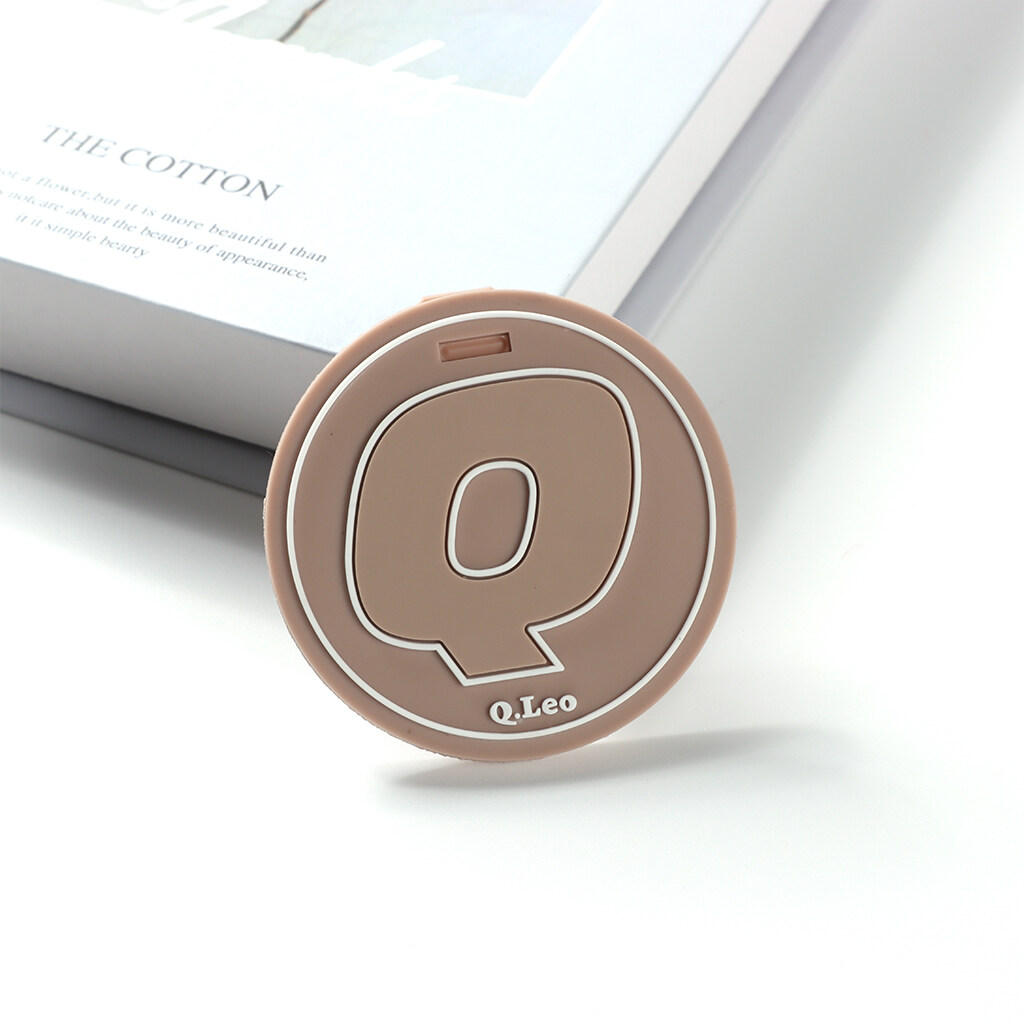Email cannot be empty
Password cannot be empty
Email format error
Email cannot be empty
Email already exists
6-20 characters(letters plus numbers only)
The password is inconsistent
Email format error
Email cannot be empty
Email does not exist
6-20 characters(letters plus numbers only)
The password is inconsistent


In the dynamic landscape of the fashion industry, businesses are increasingly turning to wholesale t-shirts with custom labels to distinguish their brands. This article explores the benefits, labeling techniques, quality considerations, and legal aspects associated with these custom-labeled garments, with a focus on the innovative 3D silicone heat transfer label.
Wholesale t-shirts are a cornerstone for businesses seeking cost-effective solutions. Beyond economic advantages, these bulk purchases offer a consistent canvas for creative expression. Custom labels elevate the uniqueness of each piece, providing a varied palette for designers to craft their visions. This symbiosis of cost-effectiveness and design versatility enhances brand identity, making it crucial for emerging and established brands alike.
Among the array of custom labeling techniques, the 3D silicone heat transfer label stands out as a cutting-edge option. This method not only provides a tactile and visually appealing label but also ensures durability and longevity. Businesses leveraging this technique find that the silicone label manufacturer plays a pivotal role in delivering bespoke solutions. These manufacturers, specialists in silicone rubber clothing labels, bring forth innovation and precision in custom branding.
Quality is the linchpin of successful apparel ventures. Wholesale t-shirts, often crafted from cotton blends, offer a comfortable and durable base for custom labels. Integrating silicone labels enhances the tactile experience for the wearer while maintaining the fabric's integrity. This intersection of quality fabric and innovative labeling techniques contributes to a seamless fusion of style and substance.
The integration of custom labels extends beyond mere branding; it becomes a strategic tool for marketing. Silicone rubber clothing labels, in particular, add a tactile dimension that resonates with consumers. Through case studies, we witness how businesses strategically leverage these labels to create memorable brand experiences, fostering brand loyalty and recall.

Staying attuned to current trends in both t-shirt design and labeling techniques is imperative for businesses striving to remain relevant. The marriage of these elements ensures that custom-labeled t-shirts not only align with consumer preferences but also set new trends. By incorporating 3D silicone heat transfer labels, businesses can position themselves at the forefront of innovation and design.
In the era of eco-conscious consumers, sustainability is a key consideration. Custom-labeled t-shirts embrace this ethos by incorporating eco-friendly labeling options. Silicone rubber clothing labels, known for their durability, also align with sustainability goals, as they contribute to the longevity of the garment. Businesses adopting these practices not only appeal to environmentally conscious consumers but also contribute to a more sustainable fashion ecosystem.
Selecting a reliable wholesale supplier is pivotal in ensuring the success of a custom-labeled t-shirt venture. Businesses must carefully evaluate suppliers for their ability to deliver quality and adhere to industry standards. Collaborating with a silicone label manufacturer experienced in 3D heat transfer labels adds an extra layer of assurance, ensuring that the custom labeling meets both creative and technical standards.
As businesses embark on custom labeling endeavors, legal considerations become paramount. Trademark issues, labeling regulations, and protection of intellectual property are crucial aspects that demand attention. Navigating these legal intricacies ensures that the innovative and creative aspects of custom-labeled t-shirts remain protected.
The landscape of wholesale t-shirts with custom labels is evolving, and the integration of 3D silicone heat transfer labels marks a significant stride in this evolution. By understanding the benefits, embracing quality, and navigating legal considerations, businesses can position themselves at the forefront of innovation. As we look to the future, the synergy of creativity, sustainability, and precision labeling will continue to shape the narrative of custom-labeled apparel in the global fashion arena.